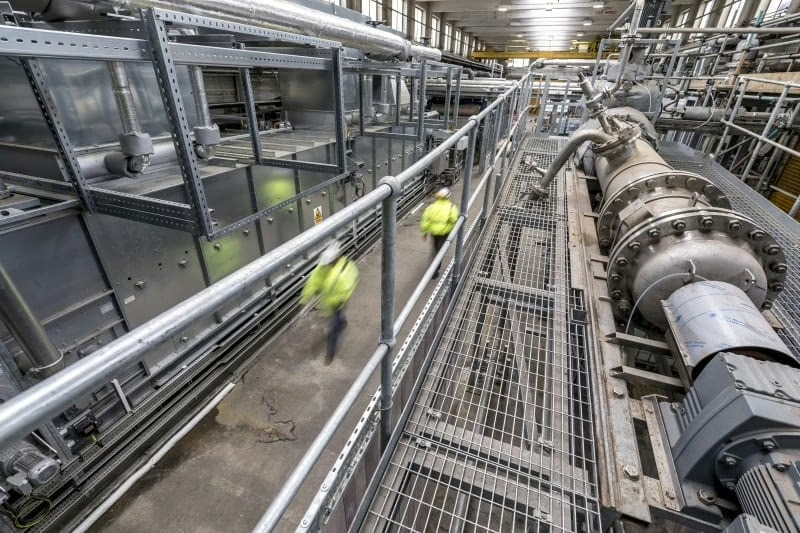
Credit: Nova Pangaea
Eight sustainable aviation fuel (SAF) projects ranging from the capture of atmospheric carbon dioxide to processing of sewage have been shortlisted for funding under a UK government contest designed to promote alternative fuel production technologies at commercial scale. Launched in March, the £15...
Subscription Required
This content requires a subscription to one of the Aviation Week Intelligence Network (AWIN) bundles.
Schedule a demo today to find out how you can access this content and similar content related to your area of the global aviation industry.
Already an AWIN subscriber? Login
Did you know? Aviation Week has won top honors multiple times in the Jesse H. Neal National Business Journalism Awards, the business-to-business media equivalent of the Pulitzer Prizes.

